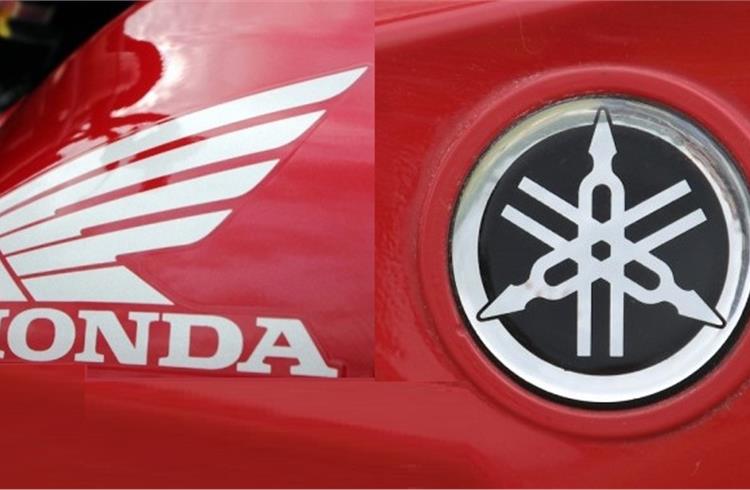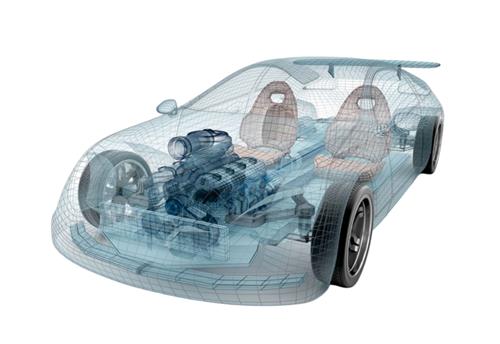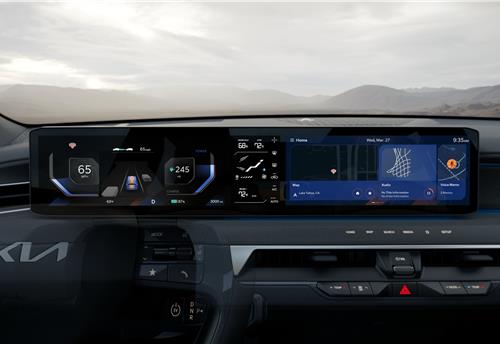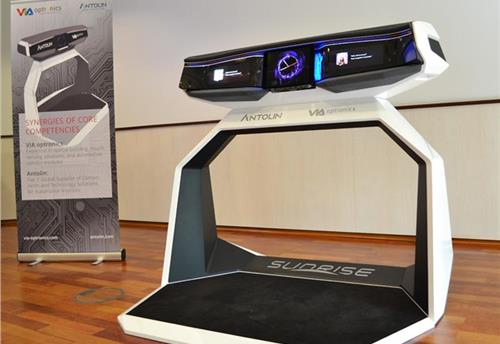Honda and Yamaha explore collaboration for small-sized scooters
The Japanese two-wheeler majors have begun talks towards a possible business alliance in the Japanese market to develop 50cc scooters.
The Japanese two-wheeler majors have begun talks towards a possible business alliance in the Japanese market to develop 50cc scooters.
This likely alliance will be in the 'Class-1 category' which includes scooters with a 50cc engine or electric motor. This category, as defined by the Road Vehicles Act of Japan, comprises "vehicles equipped with two or more wheels and an engine with total displacement of 50cc or less or an electric motor with rated output of 0.60 kW or less."
The market for Class-1 category vehicles in Japan has been shrinking due to growing demand for short-range transportation vehicles like power-assisted bicycles and mini-vehicles. Motorcycle manufacturers are also facing challenges including compliance with safety standards and emissions regulations that will become more stringent in future years, as well as the pursuit of product electrification.
Honda and Yamaha say they have arrived at a common understanding that cooperation is necessary to address these challenges for the future, necessitating the need for collaboration.
With a target timetable of before the end of 2018, Honda would begin supplying 50cc scooter models to Yamaha as an OEM. These models will be based on the 50cc Tact and Giorno scooter models that Honda currently produces and sells in Japan. Yamaha will sell these models as corresponding models of the Yamaha Jog and Vino.
The two companies are currently developing, producing and selling 50cc business scooter models for the Japanese market, namely the Honda Benly and Yamaha Gear. They will also explore the feasibility of joint development and OEM supply from Honda to Yamaha of a next-generation version of these business scooter models.
Electric motorcycles on the anvil
To further popularise electric motorcycles, mainly in the Class-1 category in Japan, Honda and Yamaha will look into possible collaboration in setting up an eco-system necessary to address various issues relevant to electric motorcycles such as range, charging time, performance and cost. By broadly sharing the achievement of such collaboration with other motorcycle manufacturers and relevant industries in the form of proposals, the two companies will strive to further facilitate the electrification of motorcycle products.
According to Shinji Ayoma, operating officer and director, Honda Motor Co, "Through this collaboration with Yamaha, we will continue to offer Class-1 category products that go beyond the expectations of our customers. We will devote all of our efforts to revitalise the motorcycle market in Japan and establish a market environment that enables the popularisation of electric motorcycles at the earliest possible timing."
Katsuaki Watanabe, managing executive officer and director of Yamaha Motor Co, said: "We believe that our collaborative activities, which will start with an OEM alliance, will go beyond the framework of a mere product supply alliance and carve out a future motorcycle culture in Japan."
RELATED ARTICLES
Marelli Talbros Chassis Systems wins Rs 1,000 crore business from European OEM
The order, to be executed over an eight-year period, is for the supply suspension arms tailored for both conventional in...
Kia launches customised NBA display themes for North American market
Display Themes is a customised service that supports a personalised vehicle experience, allowing users to customise the ...
Antolin and VIA Optronics unveil versatile vehicle cockpit concept
The Sunrise vehicle concept cockpit, which is engineered for seamless transitions between manual and autonomous driving ...





 By Autocar Pro News Desk
By Autocar Pro News Desk
 05 Oct 2016
05 Oct 2016
 5824 Views
5824 Views









